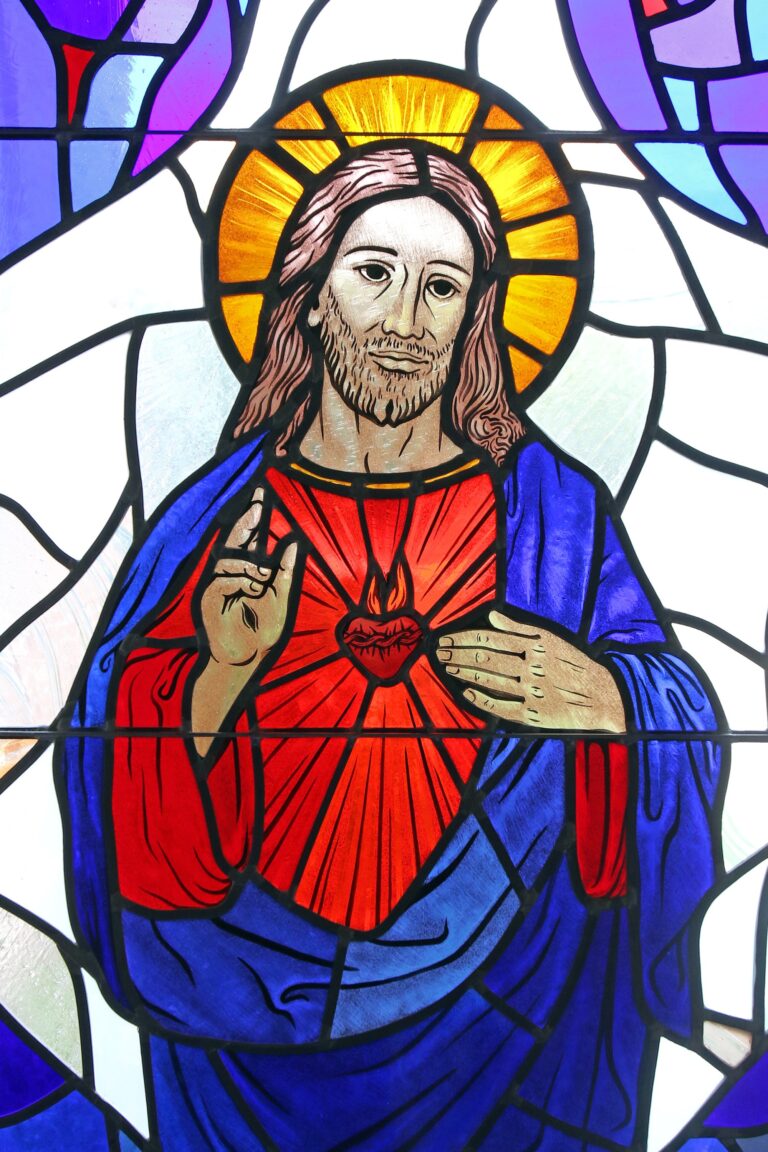In the 1980s as Vicar General of the Mill Hill Missionaries I visited Kampala in Uganda, an archdiocese in which a number of our members served. A three-day gathering had been organised in a retreat centre near the capital.
On the closing day, at supper, something interesting happened. One of our older fathers, whom I shall call ‘Jo’ and who served as parish priest in a remote village, stood up from his seat at table and addressed the community. He had been known for his forgetfulness.
On a previous occasion he had returned to his mission station without leaving the key to his bedroom in the retreat centre . . . “Friends”, he told us. “It’s time for me to depart. As you know it takes four hours for me to reach my place. Well, to correct my reputation”, and with this he swayed around a key for all to see.
“With all of you as witnesses I am solemnly returning the key to my room!” He stepped forward to where the local superior was sitting ready to hand him the key. “Thanks, Jo! Unbelievable!”, the superior said. “Just dump it on the tray over there!”
The old priest waved at everyone, took up his travel bag, left the dining room and soon afterwards we heard his jeep take off for the journey. It was not the end of the story. After the meal the superior strolled over to the tray onto which others too had dumped their keys. Picking up one of them, he exclaimed: “Goodness! Jo has done it again! He has left the key of his own house!”
It meant that poor Jo, arriving in the middle of the night at his parish house in that far-away place would find he was carrying the wrong key . . .
What power did Jesus give?
There is no doubt that Jesus gave authority to Peter, the head of the apostolic team, and by implication to his successors, popes and bishops included. In imperial Roman times and the feudal Middle Ages this was soon interpreted as Peter having somehow been elevated to the rank of ‘emperor’ of the international Christian community. But is this what Jesus intended?
The words “I will build my ecclesia” have misled many to take for granted that ‘ecclesia’ would refer to a building, a structure, with all the connotations which the word ‘church’ has acquired in English.
Jesus is indeed comparing the ‘ecclesia’ here to a house with the main purpose of stressing the foundation which he was giving it. Elsewhere he had employed the same metaphor when he taught that it would be wise to build one’s life not on sand, but on the firm rock of his teaching (Matthew 7,24-26).
Just as one’s life is not a house or a structure, so also the ‘ecclesia’, the ‘church’ should be taken to mean a house or a structure only in a metaphorical sense. In New Testament time ‘ecclesia’ simply stood for ‘assembly’, ‘community’.
The ‘power of the keys’ does not refer to overall top-down command. In Jesus’ world it was not the emperors, the kings, the governors who were key holders. Key holders were functionaries who could grant access to sacred premises, state properties or large estates. Peter’s ‘power of the keys’ refers to opening the doors of knowledge, to teaching.
Jesus reproves the scribes for having deprived the people of the ‘key to knowledge’ (Luke 11,52). Remember that Jesus sent the apostles to preach the good news that his Father’s kingdom, the ‘kingdom of heaven’, had arrived. It did not refer to a place after death but to a new realm on earth where peace, forgiveness, reconciliation, love could flourish.
By his authoritative teaching on this new spiritual reality Peter and his companions and their successors would give people access to a sublime sphere of love.
Question
Do we give priority to this dimension of priestly authority?
Dr John Wijngaards is a Catholic scripture scholar and founded the Wijngaards
Institute for Catholic Research in 1983.
Published by arrangement with the Wijngaards Institute for Catholic Research.



